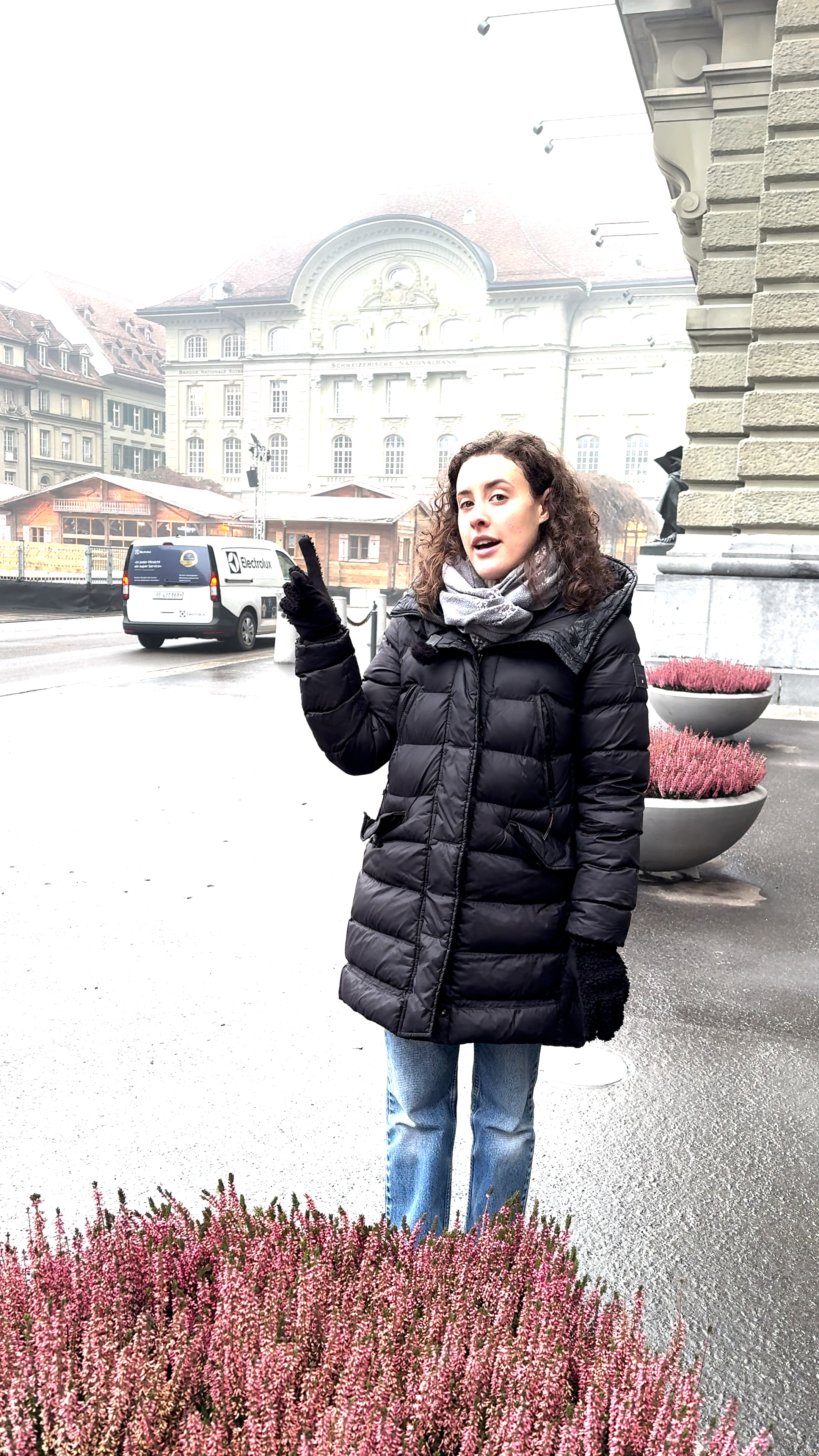
Swiss government extends coronavirus measures

The government has extended the anti-coronavirus restrictions in place for another week until April 26. But it said it plans to examine an easing of measures at the end of the month.
The Covid-19 epidemic has spread widely in Switzerland but the speed at which it is spreading has slowed significantly in recent days, the government said on Wednesday.
The measures put in place to combat the virus are being followed well by the public and are having the desired effect, according to President Simonetta Sommaruga and Interior Minister Alain Berset.
“After four weeks the situation has evolved favourably,” Berset told a news conference. “So, we’ve decided to extend the measures until April 26 and to proceed to the first loosening of some measures in some sectors.”
“We are on the right path, but we haven’t reached the finishing line,” Sommaruga added.
A decision on the specific areas and measures to be relaxed will be presented on April 16, the government said in a statementExternal link. For the successful phase-out, certain requirements must be fulfilled, Berset explained. These include a steady downward trend in number of new infections, hospitalisations and the death rate.
The situation in neighbouring countries will also be an important factor, according to Berset.

More
Coronavirus: the latest numbers
“Light at end of tunnel”
Switzerland remains one of the countries most affected by the coronavirus, with more than 22,500 positive tests and more than 850 deaths in a population of 8.5 million.
Berset said virus case figures were still rising but in recent days there had been fewer daily infections and the number of people needing hospital treatment had stabilised.
“We are starting to see some light at the end of the tunnel, but discipline and patience is needed, especially during Easter when people must stay at home. We must continue on this path for the next few weeks,” he declared.
The interior minister stressed that the population must continue to respect social distancing and hygiene measures, which are being well implemented and are working.
“We need to maintain these measures; this is the condition by which we will be able to return to normal progressively,” he said.
On March 16, the government declared the coronavirus pandemic an “extraordinary situation”, instituting a ban on all private and public events and ordering the closure of bars, restaurants, sports facilities and cultural spaces across the country. Only businesses providing essential goods to the population – such as grocery stores, bakeries, pharmacies, banks and post offices – are allowed to remain open. On the education front, schools are also closed nationwide.
Economic gloom
Switzerland could suffer its worst economic downturn on record, the government said on Wednesday, with the coronavirus epidemic shrinking the economy by as much as 10.4% this year.
The scenario, far worse than the government’s previous forecast of a 1.5% contraction, would occur if there was a prolonged shutdown in Switzerland and as well as abroad, triggering bankruptcies and job cuts.
Economics Minister Guy Parmelin said the economy had been shaken by the virus and restrictions introduced to keep it from spreading. He said nearly a third of the country’s workforce was on short-time work and unemployed numbers were on the rise.
“The scenarios…are gloomy,” he told a news conference. “The health impact of the coronavirus has been a concern for the Swiss government, but so has the effect on the economy. It’s important we all do everything so that people in this country can work, despite the virus.”

More
Coronavirus: the situation in Switzerland

In compliance with the JTI standards
More: SWI swissinfo.ch certified by the Journalism Trust Initiative






























You can find an overview of ongoing debates with our journalists here . Please join us!
If you want to start a conversation about a topic raised in this article or want to report factual errors, email us at english@swissinfo.ch.